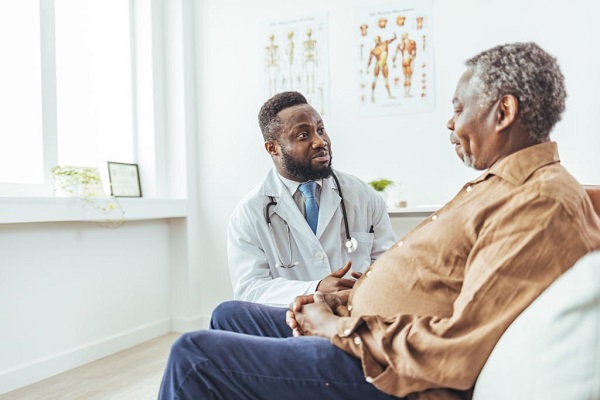
The Ministry of Health and Social Welfare has declared a resolute commitment to a substantial transformation of the health sector in the country, placing a strong emphasis on diagnostic medicine and collaborative pathology advancements.
The permanent secretary of the ministry, Ms. Daju Kachollum conveyed the government’s dedication during the three-day joint third African Assembly of the International Academy of Pathology (IAP) and the 14th Conference of the West African Division of IAP (WADIAP) held in Abuja.
Under the theme “Evolutionary Trends in Modern Pathology Practice,” the event discussed critical sub-themes, including the role of pathology in personalised cancer care, the value of artificial intelligence in anatomical pathology practice and finance management dexterity in pathology in low-income settings.
Kachollum outlined key priorities and initiatives within the government’s four-point agenda, focusing on advancements in governance, population health outcomes, the healthcare value chain and health security. She highlighted the government’s strategy to unlock the healthcare value chain, particularly through local manufacturing of health products such as drugs, vaccines, laboratory reagents and equipment.
Addressing the challenges within the medical community, Kachollum urged professionals to avoid rivalry, emphasising that efficiency and service quality are compromised when inter-professional conflicts persist. She revealed the Ministry of Health’s plan to conduct a diagnostic inquiry into inter-professional rivalry, fostering better working relationships for improved healthcare service delivery.
Despite economic challenges, Kachollum assured that the government remains steadfast in its commitment to positive changes in the health sector. Concrete actions and strategies are being implemented to improve the welfare of health workers in Nigeria, demonstrating a proactive approach to overcoming fiscal constraints.
The assurance of support from the Economic Community of West African States (ECOWAS), as articulated by chairman of the President Bola Ahmed Tinubu, highlights a broader dedication to regional health improvement. Kachollum stressed the commitment to bilateral and multilateral cooperation, aiming to enhance healthcare delivery across the region.
The president of the Nigerian Medical Association, Dr. Uche Rowland Ojinma, emphasised the urgency for pathologists to assume a more significant role in hospital laboratories, envisioning a transformation in the practice of medicine. He called for increased collaboration among pathologists to achieve a more entrenched and broadly participative practice of pathology.
The director-general of the National Institute for Cancer Research and Treatment (NICRAT), Prof Usman Malami Aliyu emphasised the institute’s pivotal role in spearheading efforts for global cancer improvement. He highlighted responsibilities such as policy drafting and collaboration with the government for effective implementation.
The IAP president, Prof. Martin John Hale called for the initiation of the third African Assembly of the IAP, emphasizing its integral role in education activities and regional collaboration. He underscored the importance of anatomical pathology in future healthcare and the need for adaptation to new paradigms.
The president of WADIAP, Prof. Edwin Wiredu highlighted the conference’s relevance to contemporary healthcare challenges, covering themes such as personalised cancer care, artificial intelligence, water specialisation, biologist management, prenatal integration and finance management.
In his opening remarks, chairman of the local organising committee, Prof. Saad Ahmed called for intentional and collaborative efforts to address the challenges faced by pathology services in Africa. He emphasised the need for a shift from traditional approaches and a commitment to advancing pathology for better healthcare outcomes.
The conference aimed to stimulate introspective analysis and encourage multi-sectoral interventions for the advancement of pathology services in the region. The comprehensive discussions and commitment from government officials, healthcare professionals and experts underscored the collective effort towards transforming healthcare and pathology practices in Nigeria.

